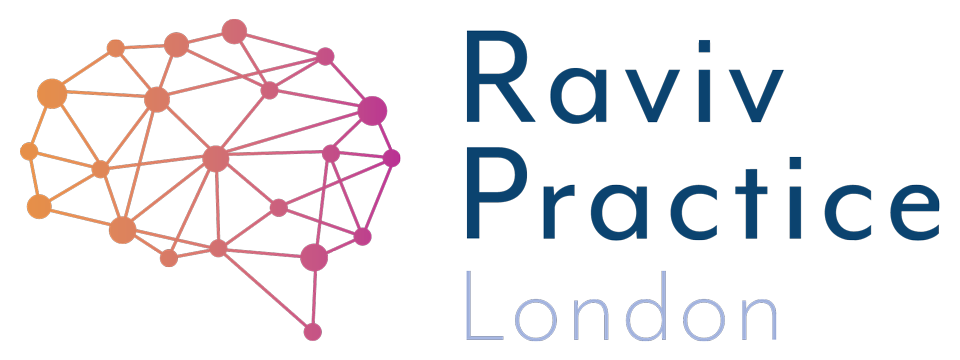How to Observe Your Child and Understand Where Their Concentration Fails
When most parents and teachers think about poor concentration, they think about ADHD. I’ve found that it’s a common diagnosis. In the UK alone, almost five percent of children ages 5 to 15 years have ADHD.
The prevalence of ADHD and ready access to pharmaceutical treatment in the form of Ritalin leave many parents facing a rushed diagnosis and pressure from well-meaning teachers and other professionals to start a medication regimen.
But there are many causes for poor concentration and other symptoms of ADHD. I encourage parents to get a careful and measured assessment from a qualified medical professional that can identify the underlying causes of your child’s difficulty.
You can begin at home by carefully observing your child’s behaviour to understand where their concentration fails.
“Sleep deprivation is one of the most common causes of ADHD-like symptoms.”
Sleep Deprivation
Sleep deprivation is one of the most common causes of ADHD-like symptoms. The Sleep Foundation suggests children ages 6 to 13 years need 9-11 hours of sleep each day.
Yet, The Guardian reports that sleeplessness is a “hidden health crisis.” Experts say the rise in sleep problems among the nation’s youth is due in part to blue light from screens. The BBC reports that half of ten years old own a smartphone and many of them take the device to their bedroom at night.
Is your child sleeping late on the weekends? It could be a sign he isn’t getting enough sleep during the week.
Sensory Issues
Sensory Processing Disorder is another of the many conditions that can mimic ADHD. We orientate ourselves to our environment through a number of sensory mechanisms, from our inner ear which keeps us balanced, to our more commonly considered five senses. Sensory issues can develop in the way our brain processes any or all of these senses.
A child with sensory issues may be fidgety if he finds the tags in his clothing itchy. He may be disorganised if he is visually overwhelmed when he looks at his homework and school books strewn across the kitchen table. Many of the children I work with who have been diagnosed with sensory processing disorder also dislike being touched or hugged.
Poor Nutrition
As in sleep, if our bodies are lacking in proper nutrients, our brains may react with poor concentration or any number of other symptoms commonly blamed on ADHD. Sugar is a common culprit in nutrient-related behaviour issues. Reducing sugar intake is one of the first recommendations I make to parents.
According to the government, children in the UK consume more than double the maximum recommended amount of sugar each year. As a result, Type 2 diabetes among children is rising. But the effects of fluctuating blood sugar appear long before diabetes.
Pay attention to how your child’s energy levels and concentration fluctuate before and after meals.
Not Just Drug Therapy
There are a number of other conditions that can mimic ADHD. You can do much to get to the root causes of your child’s poor concentration by carefully observing and taking notes at home.
You have many options for helping your child who has been diagnosed with ADHD or another condition that compromises her ability to concentrate. In some cases, medication may be appropriate. But your child deserves more than a pharmaceutical quick fix.
Our practice uses strategies that rely on your child’s body movements and other feedback for a comprehensive approach to behavioural problems. Our drug-free and science-backed methods of therapy can strengthen the way your child’s brain interacts with her body and her environment. For example, COGMED, our working memory training technique, can help your child learn to listen to other people and remember instructions.
By holistically treating the root cause of your child’s behavioural issues, you can give her the tools she needs to succeed beyond school and into adulthood.
If you think we can help you, your child, please get in touch. We are always happy to take the time to listen to your needs or concerns.
The best way to take the first step is to book a phone consultation so we can talk through your needs: Just use THIS link to book a free consultation
Dyslexia? Dyspraxia? ADHD? ASD? Speech & Language? Developmental Delay? Anxiety?
Is every school day a struggle? As a parent, you may feel exhausted and on this journey alone. Each year you see the gap getting wider. You need to do something - change the approach, help your child learn for themselves, find a way to turn this around - to help while you can - do this NOW. the first step is free.
About the Author
Usha Patel is a Neurocognitive Therapist and Director at Raviv Practice London. Parents searching to help their suspected/neurodiverse child can get evidence-based solutions with results in as little as 8 weeks. Those in search of jargon-free help can get started straight away.


